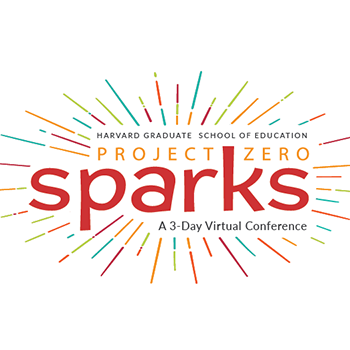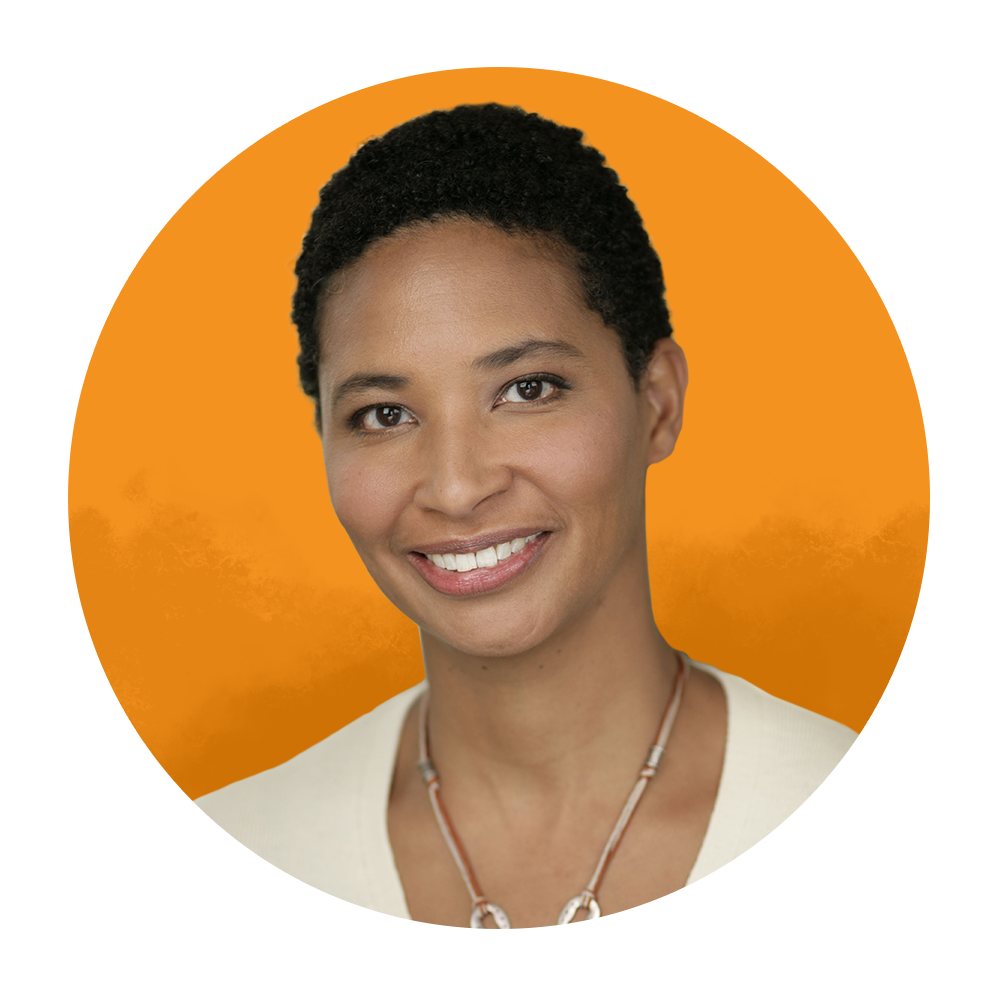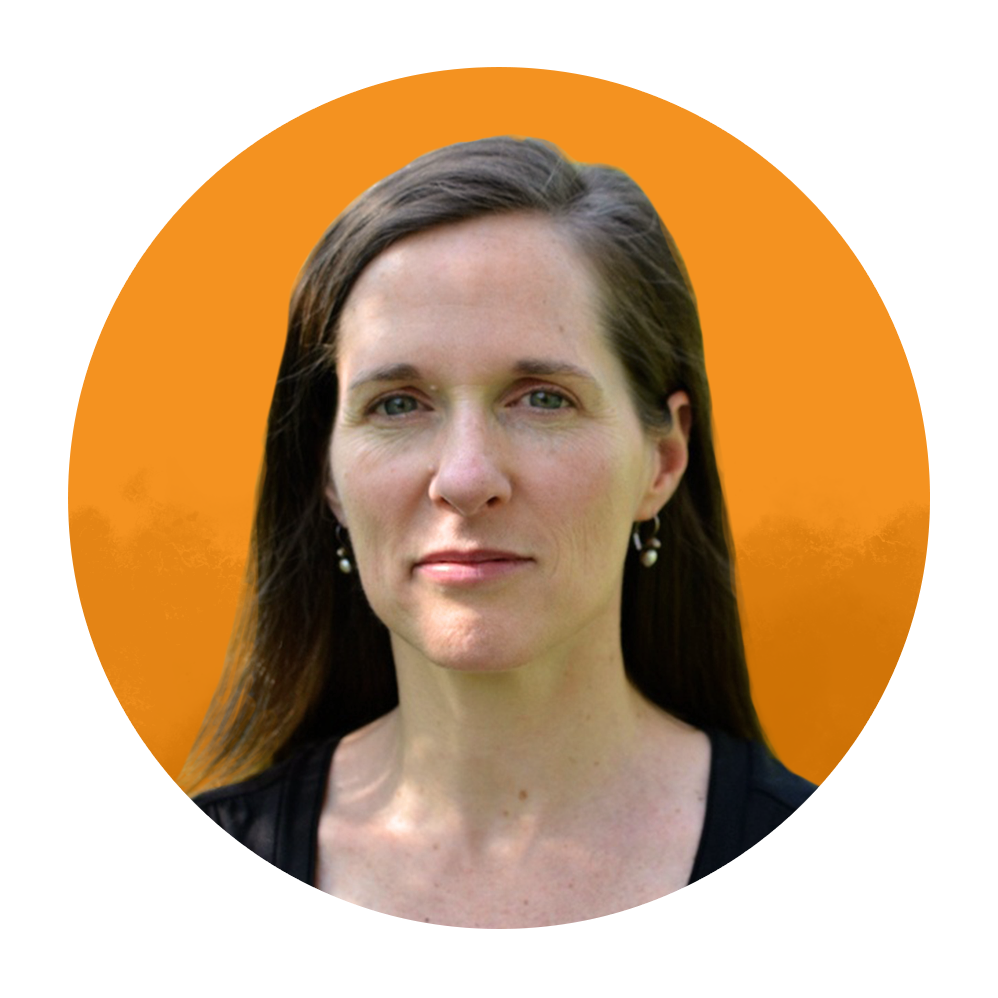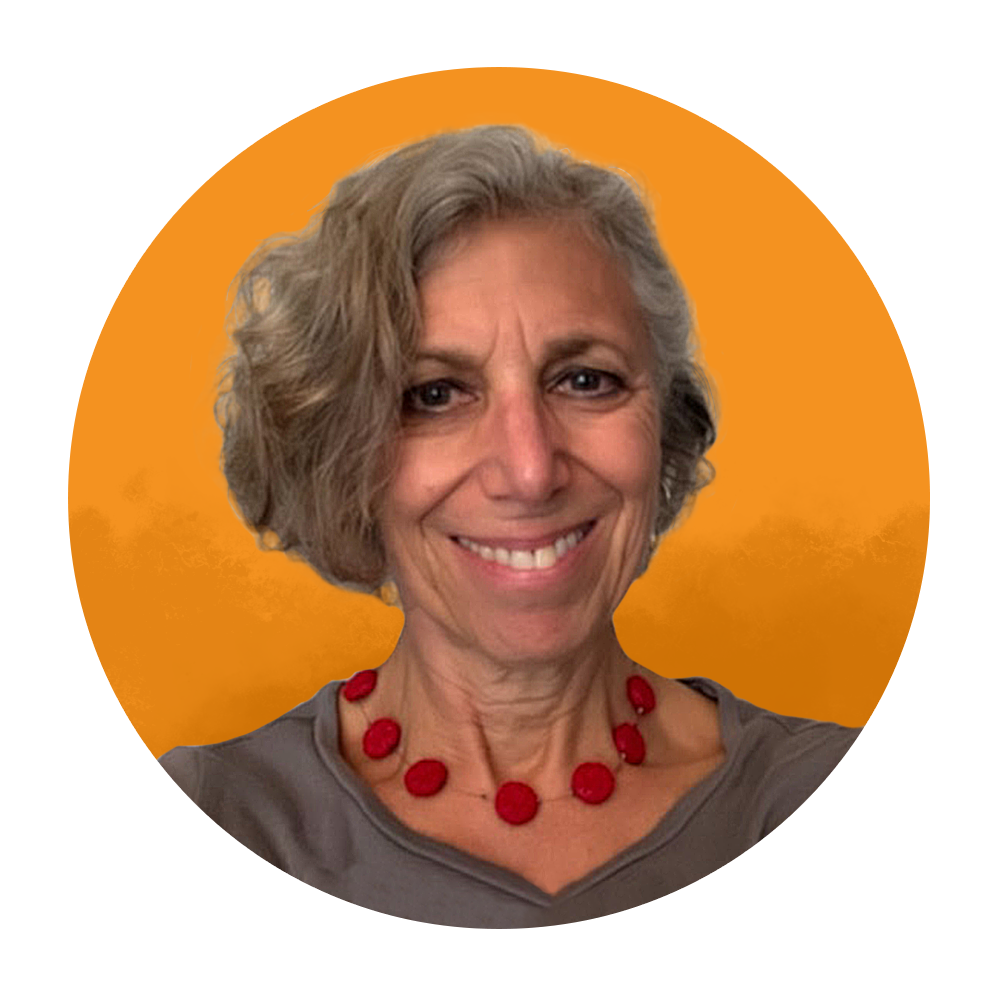
Project Zero Sparks
COST: $795
Registration for Sparks is closed. We are looking forward to engaging and learning with educators from all over the world. If you missed this opportunity and are interested in similar events, please check out our Professional Development page for upcoming events.
The Project Zero Sparks Conference (June 28-30, 2021) is a 3-day virtual learning experience featuring new research and fresh takes on some of PZ's most popular and enduring frameworks. Engage in plenaries, interactive workshops, and facilitated discussion groups with colleagues from around the world. Featured plenary speakers include Ron Ritchhart, Danielle Allen, and the ArtC initiative's Shari Tishman & Carrie James.
Sparks Questions for Exploration
In the plenaries, workshops and discussion groups, we will explore striking questions that are arising in a wide range of today’s educational contexts. Some of these questions are:
- How do we harness the power of play, the arts and creativity to ignite curiosity?
- How do we build and sustain cultures of thinking in all learning contexts?
- How do we engage learners in uncovering complexity?
- How do we develop dispositions to be an ethical and engaged civic participant in today’s world?
- How do we incorporate strategies for deep learning and thinking across ages, grade levels, disciplines and cultural contexts?
Attending Sparks
Educators from all backgrounds and disciplines as well as those working with any student age group are welcome - classroom teachers, early childhood educators, after-school coordinators, informal/nontraditional learning instructors, museum educators, homeschoolers, nonprofit coordinators, and more. Whether you are new to Project Zero ideas or already expert in adapting and applying them, Sparks is an opportunity to reflect on your pedagogy, renew your inspiration for teaching and learning, and recharge.
Schedule
Here’s what you can expect each day at Sparks:
- Plenaries - Each day you will hear from a PZ researcher about a different area of research. The plenaries will be both live and recorded, so you will be able to participate live in the chat and/or rewatch them later at any time. Featured plenary speakers include Ron Ritchhart, Danielle Allen, and the ArtC initiative's Shari Tishman & Carrie James.
- Workshops - You will be able to engage in a live interactive learning experience each day with a PZ researcher and other participants from around the world. Not to be confused with webinars, these will be like class sessions where there will be breakout groups and/or live discussion with presenters and other participants. More info on workshops can be found here.
- Spark Groups - Each day you will have the opportunity to engage with other conference attendees in facilitated small discussion groups called Spark Groups. Here you will get to participate in interactive discussion and activities that help you synthesize and personalize the information you’ll be gathering during the conference.
- Global Time Circuits - The Sparks Conference is scheduled so that you can participate in live sessions from almost anywhere in the world! There are two time circuits that you can choose from - the Orange Circuit and the Blue Circuit (see details below). You will be able to attend events that are designated for all attendees and for those during the time circuit that you choose when you register.
All times below are in Boston time, Eastern Daylight Time (EDT). Check your local time.
All Attendees
- 10:00 AM - 11:15 AM EDT - Plenaries
- Ongoing - Throughout the conference, participants will be able to access special resources and materials to deepen learning and spark conversation with other participants.
Orange Circuit
This circuit may be suitable if you plan to participate from countries in North or South America, Europe, Asia (particularly western Asia), and Africa. These events will be held Monday, June 28, 2021 through Wednesday, June 30, 2021 EDT. Check your local time.
- 11:30 AM - 1:30 PM EDT - Workshops
- 2:00 PM - 3:30 PM EDT - Spark Groups
Blue Circuit
This circuit may be suitable if you plan to participate from countries in Asia and Oceania (particularly eastern Asia, Australia and New Zealand). These events will be held Monday, June 28, 2021 through Wednesday, June 30, 2021 EDT. Please note that if you plan to participate from these regions, these events will take place in your time zone across four days instead of three days - from the evening of Monday, June 28, 2021 through the morning of Thursday, July 1, 2021. Check your local time.
- 7:00 PM - 9:00 PM EDT - Workshops
- 9:30 PM - 11:00 PM EDT - Spark Groups
Plenaries

Leaning into our values during times of uncertainty
Ron Ritchhart, Senior Research Associate
Mindsets, guiding principles, and values are powerful levers to reduce the gap between our overarching purpose and our day-to-day instructional behavior as educators. Our values ground us, our guiding principles engage us, and our mindsets motivate our actions. This is especially true during times of uncertainty, when things are not operating as usual, or when people feel disconnected from their professional moorings. During such turbulent and isolating times, the gap between intention and reality may widen unless we remain vigilant and aware. In this plenary, Harvard researcher Ron Ritchhart will guide us in an examination of the grounding principles and values associated with creating a culture of thinking for our students and ourselves. We will then examine how these values play out in a distance learning setting.

Crafting a Civic Identity
Danielle Allen, Principal Investigator
Civic participation starts from knowing what I care about and why, and then requires a pivot from “I” to “we” as I learn how to connect my personal values, background, and identity to some of the shared values of my community, whether local, national, or global. Crafting a story of self, that connects the I to the we, requires digging into complex issues of identity and values. This plenary will explore how to support young people in doing the work of self-reflection about identity and values that is a necessary foundation to becoming an ethical and engaged civic participant in today’s world.


Arts as Civic Commons: Amplifying the Power of Art to Spark Civic Inquiry
Carrie James, Principal InvestigatorShari Tishman, Senior Research AssociateWorks of art can provoke inquiry into the forces that shape civic life. These forces include the values, social conventions, power dynamics, institutions and systems that shape how we live together—and how we aspire to live together—at every level of community life, from the local to the global. In this plenary, participants will learn about Project Zero’s Arts as Civic Commons project and explore how arts engagement can be a springboard for civic inquiry.
Workshops
Workshop availability will be determined by enrollment.Behind Their Screens: Supporting Students’ Digital Well-Being and Citizenship in and after the Pandemic
Digital technology use was a consistent part of everyday life before the pandemic. In 2020-21, it became a near-constant by necessity. Our students’ learning, social lives, and entertainment were (and in many ways still are) happening largely ‘behind the screen.’ How do we help them re-assess and reset their digital habits as we prepare to move forward? How can we build dispositions they need for mindful engagement with peers and the broader world?
×Building Community in Our Classrooms
How can we build authentic communities with our students whether we are teaching on-line or in-person? Feelings of trust and connection are essential to teaching and learning. After the large shifts we've experienced in our lives over the last year, fostering relationships becomes even more important. Tina Blythe, Project Zero’s Director of Learning and Outreach, and Kurt Wootton, Co-Founder of The Habla Institute, will offer approaches to help you and your students to connect and work collaboratively online and in-person. In this highly interactive workshop, you will participate in activities that can be easily transferred to your classrooms. This course is recommended for primary and secondary teachers of all subjects.
×Cultures of Thinking in Action: 10 Guiding Principles
Transforming schools and classrooms into cultures of thinking is more than merely instituting a set of practices. As useful as practices like thinking routines, documentation, and effective questioning can be, culture runs deeper. Culture is built on our values and beliefs and embedded in the messages we send. Thus, deep and lasting transformation must begin by embracing a set of beliefs about teaching, learning, and schooling. In this workshop, we will explore through active, interactive dialogue with our peers the 10 principles that we use in the Cultures of Thinking project to drive our action. These principles motivate and guide our actions and provide the touchstones we need as we create places where thinking is valued, visible, and actively promoted.
×Educating for a Complex World
How can we deepen and broaden learning for the lives today's learners are likely to lead? In our era, the demands of a rapidly changing world on education urge us to reach beyond the traditional agendas of achievement, information and expertise. In more adventurous school settings, innovations thrive when learning is reimagined using big understandings and big ideas. This workshop explores how teachers and schools can define their own visionary directions, drawing on a flexible framework about learning that matters and ways of fostering and leading it, developed collaboratively between Project Zero and Independent Schools Victoria. It shares this general approach along with examples from Australian settings of how educating for big understandings and big questions can become powerful levers for teacher and school development.
×Exploring the Power of Making Thinking Visible
For many years, Project Zero researcher-educators have developed a number of thinking routines that encourage students to look closely, to seek connections, to uncover complexities, to reason with evidence, and to consider perspectives. When used powerfully, thinking routines not only provide teachers with a set of practices to engage students, but help advance a broader goal to create classrooms where students’ thinking is visible, valued, and actively promoted. In this workshop, participants will have an opportunity to consider making thinking visible as a goal of their teaching, to discuss powerful practices that bring thinking to the foreground of classroom endeavors, and to consider lessons we’ve learned from teachers worldwide who use thinking routines for maximum effect.
×Humane Dispositions: New thinking routines for a diverse, unequal and moving world
The year 2020 showed the resilience of educators committed to student learning under most unsettling circumstances. It also shed light on the need to understand our students in context and to eliminate the pernicious inequities permeating our societies. In this session, we will ask: What dispositions might be worth nurturing to empower our youth to live fulfilling lives and construct more inclusive and equitable societies? What concrete practical tools might help us move in the right direction? Participants will (a) become familiar with our new Re-Imagining Migration Dispositions Framework; (b) experience our newly developed Socio-Emotional-Civic Thinking Routines; and (c) familiarize themselves with the Smithsonian Learning Lab interactive platform for digital learning. Along the way, we will connect ideas and tools to our own practice.
×Interpreting and Navigating the Three O’s: Supporting young people to engage with human complexity
In this two-hour workshop, participants will be introduced to ongoing work from Out of Eden Learn, an online learning program and research project that connects young people from around the world to share stories and engage in thoughtful dialogue with one another. The workshop will focus on the Three O’s: overgeneralization, overconfidence, and othering—a framework that supports students to thoughtfully interpret and navigate the world and to avoid common pitfalls when engaging with difference, such as making assumptions, stereotyping, or viewing one’s own culture or perspective as the norm. After being introduced to the framework, workshop participants will be invited to find examples of the Three O’s in their own lives. They will also examine student work and consider how the Three O’s might be useful in their own teaching and learning contexts. Participants will exchange ideas and explore new tools. The workshop is intended for educators of elementary, middle, and high school-age students, as well as adult learners.
×JusticexDesign: Exploring the Complexity of Power, Representation, and Participation
The design of human-made objects, systems, and content is not neutral. Oppressive and liberatory forces are often woven into systems like media, architecture, government, transportation, and schools. How might learners and the teachers they teach make visible the ways injustices can be designed? What pedagogies and practices might encourage learners to interrogate patterns of power that perpetuate and systematize oppression? How might we support young people to become sensitive to the design of their own participation so that they may envision ways to participate more, or differently? Developed with educators across Washington, D.C., and building off the Agency by Design framework, the JusticexDesign (JxD) framework foregrounds maker-centered pedagogies that encourage young people to build a critical sensitivity to design, or, in other words, a sensitivity to designed injustices. In this workshop, JusticexDesign director Sarah Sheya will introduce the JxD framework, offer snapshots of teacher practice, and share tools and resources to explore this work with learners of all ages.
×Mapping Systems with Our Students
In this workshop, participants will be introduced to thinking routines that were developed to foster a sensitivity to the design of systems as part of PZ’s Agency by Design research project. As our students engage with a myriad of complex systems every day, there are tools that can support them in teasing out the parts, people, and dynamics inherent in any system so that they can analyze, engage with, and even redesign systems. Participants will have the opportunity to try out thinking routines that support the mapping and analysis of systems and consider ways these routines and practices might support learning in their own context. The workshop will support educators working with learners from pre-K through secondary school as well as with all ages of adult learners.
×Pedagogy of Play: Supporting learning through play from preschool through middle school
Play is at the heart of childhood. Through play, children learn how to collaborate, how to negotiate rules and relationships, and how to imagine, create, and dream. They learn to solve problems, think flexibly and critically, and communicate effectively. Whether playing with objects, engaging in pretend play, or tinkering with ideas and testing theories, children’s play is essential to their social, intellectual, physical, and emotional growth. In this interactive workshop, we will discuss what it means to embrace play as a core resource for learning in schools. What is playful learning and what does it look like? What are the core principles that help set the conditions for a pedagogy of play? Join Project Zero researchers Mara Krechevsky and Megina Baker as they share resources for cultivating a pedagogy of play: a suite of practices, strategies, and tools co-created with teacher-researcher partners on the Pedagogy of Play project. Participants will have an opportunity to test some playful learning tools, considering the role of play in their own teaching and learning context.
×Sparking civic inquiry through looking at and making art: A practical introduction to the Arts as Civic Commons project
The Arts as Civic Commons (ArtC) project offers strategies and resources to help learners explore civic life through looking at and making art. ArtC materials can be used in person or online, and are suitable for use in school, museums, galleries, or anywhere else people of any age gather to explore art together. In this workshop, participants will learn about the core ideas behind ArtC, and engage in a series of activities and reflections that bring the ideas to life.
×Teaching Good Work
What does it mean to be an ethical and engaged participant in the classroom and in the world? Over the past 25 years, The Good Project, based at the Harvard Graduate School of Education’s Project Zero, has investigated individuals and institutions that exemplify “good work.” We define “good work” according to three criteria: it is 1) excellent (high quality), 2) ethical (socially responsible), and 3) engaging (meaningful).
It’s clear that new challenges have emerged that may hinder the encouragement and achievement of “good work.” Despite calls for the development of “21st century skills” in adolescents necessary for success in employment, few educational outlets allow students to grapple with ambiguity, complexity, and their own opinions and beliefs.
In this workshop we will review our research on “good work” and offer an introduction to our Lesson Plans, which attempt to fill this gap by giving young people the skills and strategies to flourish as future workers. We expose adolescents to real-world dilemmas, reflective activities, and guided conversations that will help to prepare them for the working world of today. Our contention is that students who are exposed to our materials will develop the skills, understandings, and dispositions to effectively navigate their future work lives.
×Thinking with Text and Images: An Exploration of Thinking Routines for Looking Closely<
In this workshop, participants will have the opportunity to engage with thinking dispositions and related thinking routines through image-based literature: picture books, graphic novels, and illustrated texts. We will look at a variety of image rich texts and consider the language of thinking routines to support specific thinking dispositions. Participants will have time to consider how these texts and routines might be employed in their own context to support their students in observing, connecting, question asking, exploring viewpoints, and reasoning. This workshop is designed for educators working with learners of all ages from pre-K through secondary school and beyond.
×Welcoming Uncertainty By Supporting Children as Agents of Change
Learning is most powerful when the social, emotional, intellectual, and aesthetic dimensions of experiences are integrated. How can we make schools places where children gain hope and heal from trauma; environments where academic learning is meaningful, playful, and has a friendly relationship with uncertainty? Drawing on a collaborative research project involving the Center for Playful Inquiry, Opal School and Project Zero, this workshop focuses on three of the project’s principles in creating classrooms where children learn the wholistic skills they need to thrive:
- Having clear and explicit values about the purpose of schools
- Relying on play as a strategy for learning within a conflict-rich environment
- Using a variety of materials and media to catalyze children’s thinking, extend it, and make their thinking visible
We will unpack these principles with classroom examples, and provide tools to take back to the classroom to actualize these principles. This workshop is most suitable for early childhood and elementary teachers and school leaders.
×
-
-
-
-
-
-
Support PZ's Reach